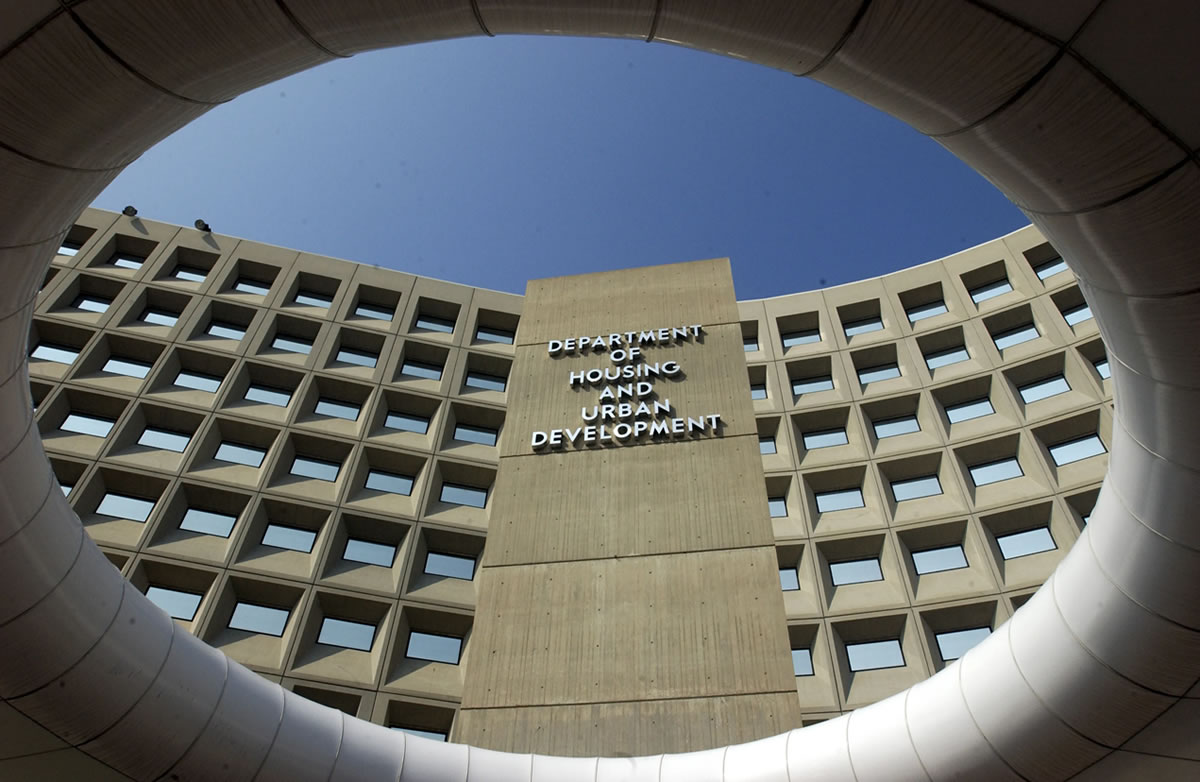The U.S. Department of Housing and Urban Development (HUD) last week published a new request for information (RFI) in the Federal Register as it seeks to understand more about the turbulence in the home insurance market stemming from extreme weather, property resiliency, reductions in coverage and the withdrawal of some players from the home insurance space.
This past summer, HUD convened a summit to discuss these issues, which have led to massive increases in the premiums paid by policyholders while carriers have reduced coverage in an effort to control costs.
The summit “highlighted the need to increase property resilience to natural hazards and to clarify the relationship between resilience measures and costs to property owners, including the cost of insurance,” according to the Federal Register entry.
With its request for public comment, the department seeks to determine “how best to assess measures to increase the resilience of residential properties to natural hazards and extreme weather.” This can help HUD as it aims to “develop policies that better support HUD’s program participants in increasing resilience to natural hazards, including extreme weather, and accessing affordable insurance for their properties.”
Extreme weather has accelerated in recent years, which has resulted in more frequent temperature swings, flooding and other natural disasters. Issues stemming from extreme weather have exposed instability in the home insurance marketplace, as carriers have reduced coverage in concert with rising premiums.
HUD is specifically seeking input on questions centered around different types of housing served by its programs, including single-family, multifamily, public housing, tribal housing and manufactured housing.
The department aims to determine what kind of cost savings are possible based on home modifications designed to bolster climate resilience for existing properties, revised resiliency standards for new construction, and whether there is data on “the additional time or financial costs, if any, of rebuilding to or above code post-disaster instead of waiving requirements.”
HUD also wants to see if any local or state policies are conducive to lowering costs in these areas, including insurance premiums, as well as what information could be useful for insurers or reinsurers to mitigate disaster risks.
The final comments on this request are due Feb. 28. In two weeks, President-elect Donald Trump will be inaugurated, and it’s expected that Senate confirmation hearings for Trump’s nominee for HUD secretary, Scott Turner, are expected to begin soon afterward.
The prior full-time HUD secretary, Marcia Fudge, was sworn in on March 10, 2021, nearly two months after President Joe Biden took office. Ben Carson, the HUD secretary for Trump’s first term, was sworn in on March 2, 2017.

